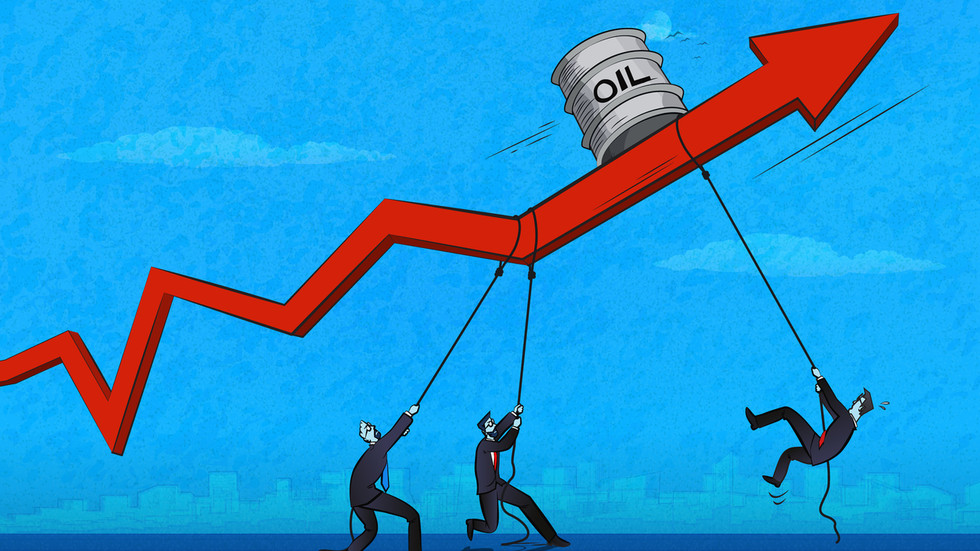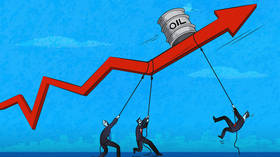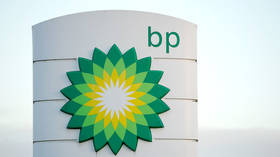
Western oil supermajors made nearly $200 billion last year while households struggle to pay their energy bills

© Getty Images / Cemile Bingol
Oil giants Shell, BP, Exxon Mobil, Chevron and TotalEnergies posted a combined profit of $196.3 billion last year, according to the companies’ earnings reports. A record-high result for the oil industry, the sum tops the economic output of most countries.
French oil giant TotalEnergies was the last to report on its earnings, announcing on Wednesday that its full-year profit in 2022 was $36.2 billion, double its total for 2021. US oil major Chevron and British giants BP and Shell also reported record-high results earlier this month, while Exxon’s $56 billion-profit marked a historic high for the entire Western oil industry.
The record-setting earnings came as a result of a spike in fossil fuel prices last year. However, criticism of the industry for hoarding money while consumers are struggling to pay soaring energy bills has intensified.
“Given that we’re entering a global recession and that most of us know people who are struggling, we must all call out profiteering like this,” Alice Harrison from advocacy group Global Witness, told CNBC, calling for “an increased windfall tax to help those struggling to pay their bills.”
Human rights group Amnesty International said the oil majors’ profits are “patently unjustifiable” and “an unmitigated disaster.”
“The billions of dollars of profits being made by these oil corporations must be adequately taxed so that governments can address effectively the rising cost of living for most vulnerable populations,” said the group’s secretary general Agnes Callamard.
US President Joe Biden called Big Oil’s record earnings “outrageous” in his State of the Union address on Tuesday. The head of state noted that the companies invested “too little of that profit” into efforts to stem the surge in energy prices, and proposed raising the tax on corporate stock buybacks four times to boost long-term investment.

Oil companies, however, have been arguing that windfall taxes could hinder investment.
“Windfall taxes or price caps simply erode confidence in that investment stability and so I do worry about some of the moves being made. I think there is a different approach that needs to be had which is to really draw investment capital at a time when we need to be able to embed energy security into the broader energy system here in Europe,” Shell CEO Wael Sawan said last week.
This opinion was mirrored by Amin Nasser, head of the world’s largest energy company Saudi Aramco, who told CNBC that higher taxes are “not helpful for [the companies] in order to have additional investment.”
“They need to invest in the sector, they need to grow the business, in alternatives and in conventional energy, and they need to be helped,” he added.
For more stories on economy & finance visit RT’s business section




